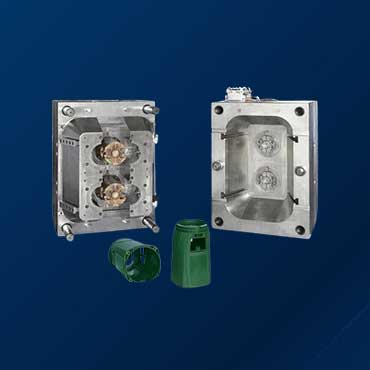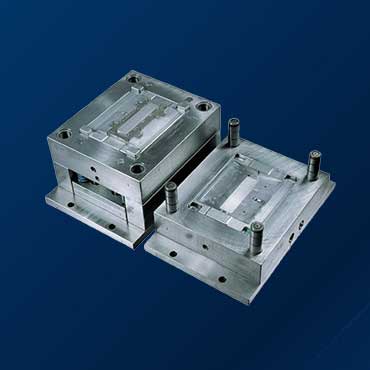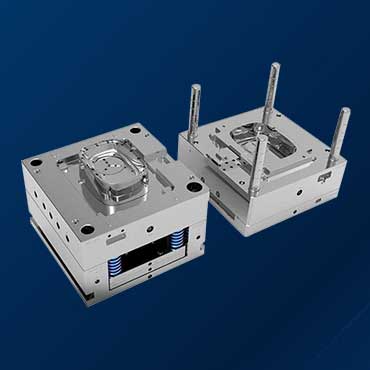- +91 9860142383
- jjengg71@gmail.com
- F-II Block, Plot No. 17/2, M.I.D.C., Bhosari, Pune - 411 026, MH, India.
Molds
Molds
Industrial molds are essential tools in the manufacturing process, used to shape materials into desired forms. They are critical in mass production, enabling the consistent and efficient creation of parts and products across various industries.
Types of Industrial Molds
- Injection Molds: Used in injection molding processes where molten material (usually plastic) is injected into the mold cavity. Common in producing automotive parts, consumer goods, and medical devices.
- Blow Molds: Utilized in blow molding, where air pressure is used to inflate molten plastic into the shape of a mold. Frequently used for making hollow objects like bottles and containers.
- Compression Molds: Used in compression molding, where material (typically a preheated polymer) is placed into a heated mold cavity, pressed into shape, and then cooled. Common in making large parts like automotive panels and appliance components.
- Transfer Molds: Similar to compression molds but involve transferring the material from a chamber into the mold cavity through runners. Often used for rubber and silicone products.
- Die Casting Molds: Used in die casting processes, where molten metal is forced into a mold cavity under high pressure. Employed in manufacturing metal parts with complex geometries, like engine components and electronic housings.
Applications
- Automotive Industry: Used for manufacturing a wide range of components, from small parts like clips and connectors to large parts like bumpers and dashboards.
- Aerospace Industry: Employed in producing lightweight and durable parts for aircraft and spacecraft.
- Consumer Goods: Critical for mass-producing items like toys, electronics, and household appliances.
- Medical Devices: Used to create precise and reliable components for medical equipment and devices.
- Packaging: Essential for producing a variety of packaging materials, including bottles, containers, and caps.








